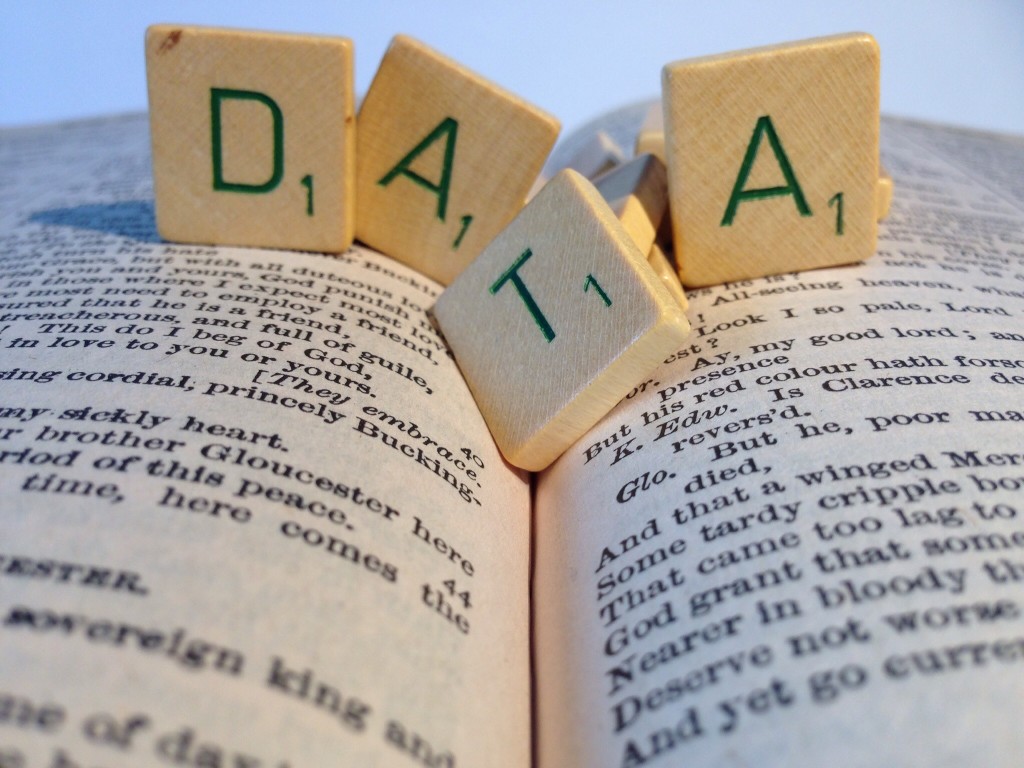“Transparency promotes accountability and provides information for citizens about what their Government is doing. Information maintained by the Federal Government is a national asset.” – President Barack Obama, in Transparency and Open Government memo.
Today, there is an increased focus on the value of open data, especially in the public sector. But is it just a fad? Well, believe it or not, government has been the source of authoritative data for quite some time. For example, Census Bureau data has been the foundation of social and economic research for decades, and can arguably be seen as “the original data provider.” Additionally data from the National Oceanic and Atmospheric Administration (NOAA) has been the foundation for weather analysis.
Following the lead of these federal agencies, governments are trying to further improve the applications and availability of its data. That’s why visualization tools and data hubs are hot topics right now, from the federal level with Data.gov to the local level with Boston’s data hub partnership with MIT. Data is increasingly seen as a critical asset. But what’s more important are the mechanisms and processes that make data available and allow individuals to extract useful information. This enables organizations, communities and governments to unlock value from mountains of disparate information. This is definitely not an easy task, but one that will reap significant benefits for government and citizens.
This was one of the themes from the Data Innovation Day 2015 panel: Open Data, Civic Hacking, and Data-Driven Government, part of an event hosted by the Center for Data Innovation. Panelists included:
- Michael Flowers, Urban Science Fellow at the Center for Urban Science + Progress.
- Cameron Kerry, Distinguished Visiting Fellow at Brookings.
- Seamus Kraft, Executive Director at OpenGov Foundation.
- Maksim Pecherskiy, Chief Data Officer at City of San Diego.
Many topics were discussed in this very informative panel, but we’ll focus mostly on the benefits, challenges, and some best practices to enhance open data and data-driven government.
Benefits
Many open data success stories occur in towns and cities, but local govies and civic groups didn’t get there alone. Federal government initiatives have been very helpful in providing a framework for cities, said Pecherskiy. This support has facilitated an environment at the local level that is increasingly innovative and collaborative. Furthermore, sites like GitHub, a spot to share code for others to build, share and replicate, are great and easy ways to engage people in coding and civic hacking, helping them improve their cities in the comfort of their homes, said Pecherskiy.
Open data initiatives can also improve government decision-making processes and resource allocation, benefitting the citizens who receive the many essential public services provided by local government, said Flowers. It also fosters creativity for uniquely local issues, such as using phones and social media to alert public officials about potholes, said Kerry.
Challenges
Despite all the potential benefits of open data, there are still significant barriers governments must overcome. Getting buy-in from management can be a big obstacle, especially if elected officials are wary about putting their necks on the line for something that they judge as new and potentially risky, said Flowers. Privacy is also a constant challenge with any data initiatives, Kerry offered. How can you ensure that this data is not used for negative or exploitative purposes? And how can you extract useful information but protect the sensitive nature of the raw data? These are important questions that must be considered.
Overcoming Barriers
Sharing best practices is one way to help answer these questions. To improve open data projects, those with experience should share with others not only the good, but also what to avoid, advised Flowers. A big part of the open data movement is to learn from your mistakes and also incorporate the talent of others to help fine-tune your ideas overtime, said Pecherskiy.
Kraft believes the standardization of data sets across diverse governments can be very helpful. For those who are wary, having a common schema may be reassuring. Furthermore, localities have very different cultures, past experiences, budget environments and regulations. Therefore, forming overarching open-source legislation that is generated in an open-source drafting environment is exactly what Kraft’s organization – the OpenGov Foundation – does.
Moving Forward
With information overload in the era of big data, it can be extremely difficult to extract real value from data, to separate the signal from the noise. But it appears governments and citizens nationwide have accepted the challenge. Data-driven government can improve services and by making its data available, can unlock trillions of dollars in economic activity. But most importantly, through open source collaboration, citizens can put their minds together to improve their lives and the lives of others.
Have an open data story to share? Comment below!
Photo Credit: Flickr, janneke staaks.
